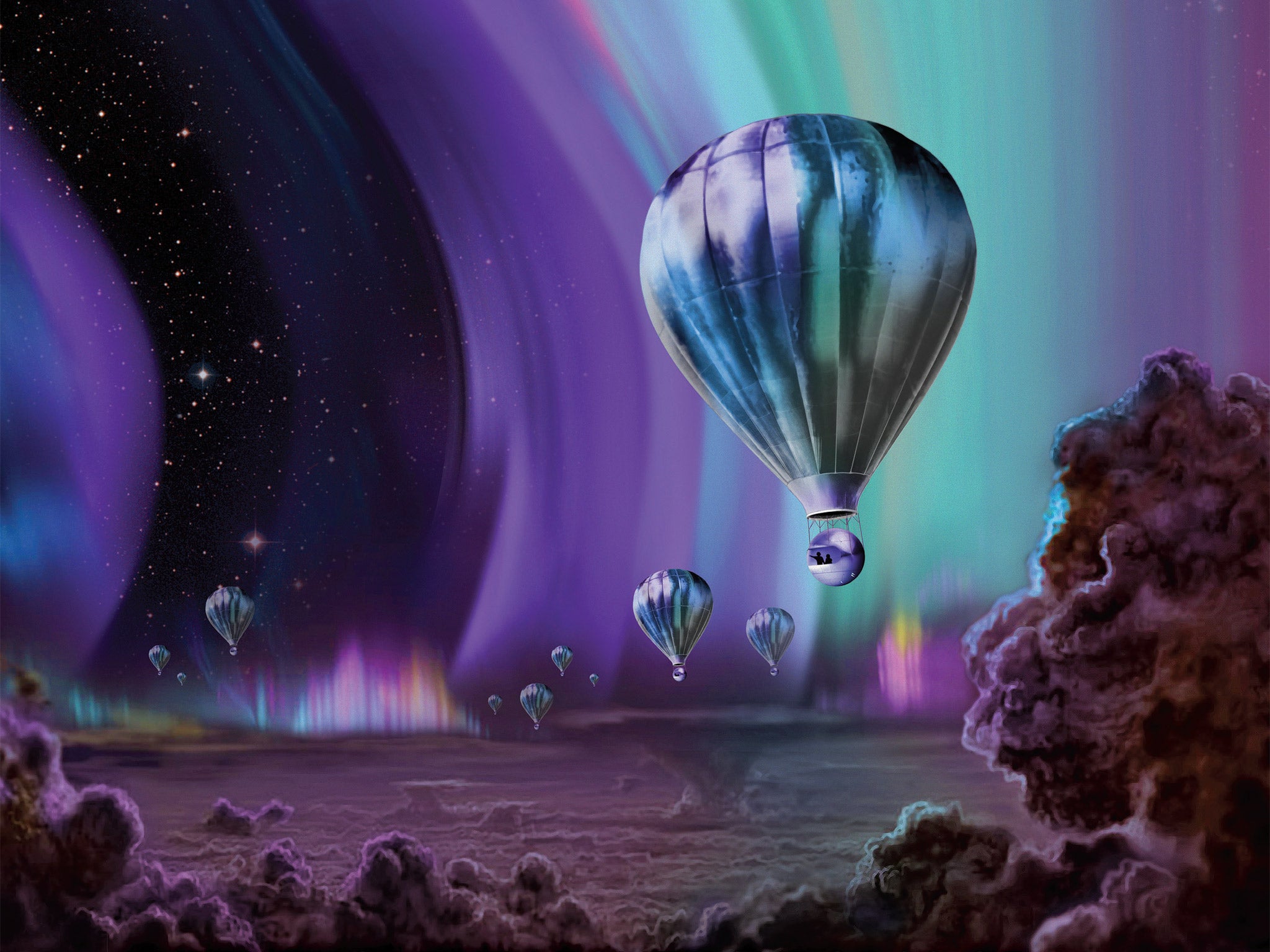Space tourism: Nasa's retro-style posters give us a glimpse of what may lie ahead
Anna Hart applauds the promotion - which, she says, captures the romantic spirit of the golden age of travel

Your support helps us to tell the story
From reproductive rights to climate change to Big Tech, The Independent is on the ground when the story is developing. Whether it's investigating the financials of Elon Musk's pro-Trump PAC or producing our latest documentary, 'The A Word', which shines a light on the American women fighting for reproductive rights, we know how important it is to parse out the facts from the messaging.
At such a critical moment in US history, we need reporters on the ground. Your donation allows us to keep sending journalists to speak to both sides of the story.
The Independent is trusted by Americans across the entire political spectrum. And unlike many other quality news outlets, we choose not to lock Americans out of our reporting and analysis with paywalls. We believe quality journalism should be available to everyone, paid for by those who can afford it.
Your support makes all the difference.Today we're under constant bombardment from wanderlust-inducing imagery, but no over-saturated Instagram snap comes close close to capturing the allure of travel like the vintage posters of the 1930s to 1960s. I like to think I'm relatively immune to modern advertising, but as a hopelessly romantic travel obsessive, a 1930s French railway poster or 1960s United Airlines poster has me mentally filling my imaginary Globetrotter suitcase with my (equally non-existent) glamorous travel wardrobe.
Nasa's canny decision to commission sumptuous vintage-inspired posters by Seattle design firm Invisible Creature has firmly placed space travel back where it belongs: in the imagination of travellers. It is particularly fitting that the Nasa commission went to Don and Ryan Clark, who have been running Invisible Creature since 2006, undertaking projects for the likes of Nike and Target.
"We were ecstatic, just because our grandfather was an illustrator at Nasa for 30 years," says Clark. The artwork harks back to the Jet Age-era posters commissioned by Howard Hughes' Trans World Airlines and its rival United in the 1950s and 1960s, when the work of David Klein (for TWA) and Stan Galli (for United) glamorised and essentially branded this new age of air travel.
The impulse to travel always arises in the imagination, and those beautifully illustrated, entirely imaginary renditions of exotic island paradises such as Sri Lanka, or wildly glamorous US cities such as San Francisco, tap into our urge to explore, discover – and ultimately toy with swapping our current reality for a new one.
Unlike most advertising, which looks dated six months later, these posters are oddly timeless, their impact augmented by the intervening years, rather than diminished.
Philip Baber is co-founder and director of Stick No Bills, a gallery and online resource for high-quality vintage travel poster art. "These vintage tourism posters evoke travel as how it used to be; glamorous and thrilling," he says. "When people visit our gallery in Galle, Sri Lanka, and leave with a vintage Ceylon poster, they tell me that they're buying a snapshot of the holiday they wish they'd had."
Not that accuracy is a big deal in this field. "Most vintage travel posters were created by artists who had never been the destination, so we're seeing an imaginary vision of a place," says Maber. "The intention is to set the consumer daydreaming."
So it doesn't matter that Nasa has no plans for a "Grand Tour" of Jupiter, Saturn, Neptune and Uranus. That poster has already got me packing my space wardrobe, complete with 1960s Courreges dresses and Barbarella boots. Because if global travel is for daydreamers, going beyond the atmosphere is for true space cadets.
Join our commenting forum
Join thought-provoking conversations, follow other Independent readers and see their replies
Comments